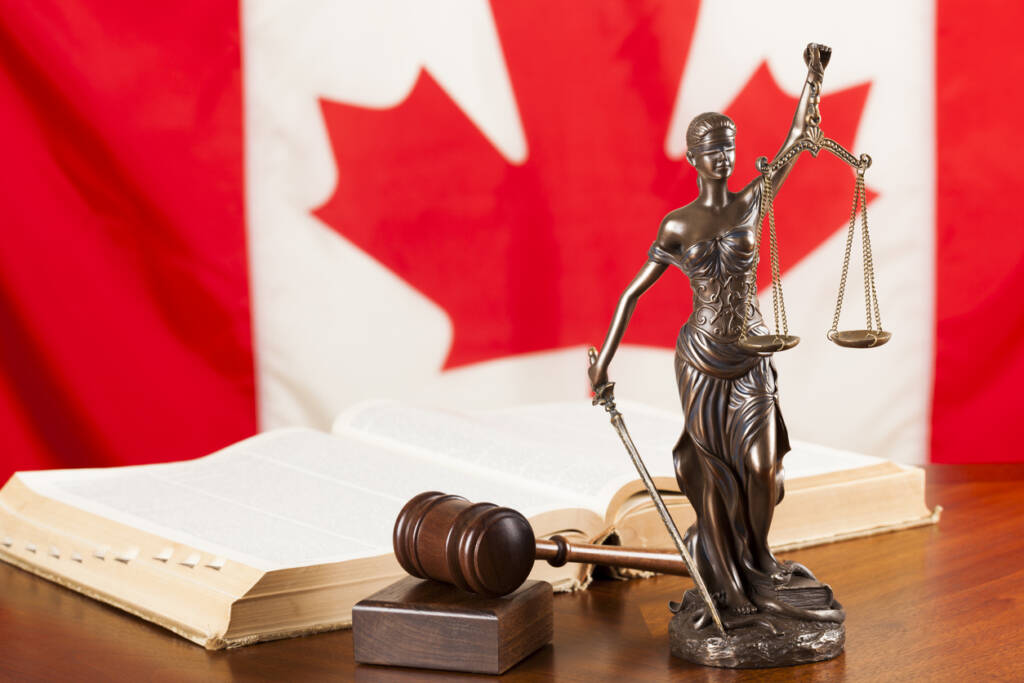Managing The Rollout of Whistleblower Protection in the European Union
NOT ALL ROADS LEAD TO ROME…
The EU Whistleblower Directive, introduced in 2019, provides a critical framework for protecting individuals who expose illegal activities and misconduct within the European Union. This directive standardizes protections across EU Member States, where support for whistleblowers has previously varied, ensuring strong defenses against retaliation and access to secure reporting channels.
Its primary aim is to encourage potential whistleblowers to come forward by safeguarding them from retaliation, discrimination, and harm. Whistleblowers play a key role in revealing malpractices that can jeopardize public interests, such as safety, environmental sustainability, and public health. The directive encompasses a broad range of EU laws, including anti-money laundering, corporate taxation, data protection, and public procurement, allowing for the reporting of various potential violations.
5 Things to Consider in Implementation
Despite its comprehensive provisions, the implementation of the Whistleblower Directive across the EU has been uneven, presenting several challenges. There are currently 27 countries that make up the EU, which encompasses 500+ million citizens, speaking 24 official languages with local and regional customs – too many to count.
- Individual Timelines: Some EU Member States have been slow to institute the directive into national law, and others have implemented it in ways that may not fully align with its intent, leading to a patchwork of protection standards across the Union. While standardization is mission-critical – especially when dealing with multinational companies with offices throughout the EU – country-specific sensitivities must be acknowledged.
- Awareness and Trust Issues: For the directive to be effective, potential whistleblowers must be aware of their rights and the protections afforded to them. There is a need for significant efforts to educate both employers and employees about the directive and to build trust in the reporting mechanisms established under it. This is a shared responsibility on the employer, country, and EU level.
- Resource Constraints: Effective implementation requires adequate resources, including funding and training for the independent bodies tasked with managing external reporting channels. Some Member States struggle with resource constraints, which can hinder the establishment of effective, autonomous oversight bodies. As a comparison, Germany with its 84+ million citizens will have greater resources than Malta with about 500k citizens.
- Cultural Barriers: Local insights and sensitivities must be recognized for successful implementation of the directive. In some cultures, whistleblowing may be seen negatively, which can discourage potential whistleblowers from coming forward. Changing such perceptions is a long-term challenge that requires cultural shifts and sustained public awareness campaigns.
- Jurisdictional Challenges: While the EU Whistleblowing directive spans across all 27 countries, issues have come up when dealing with incidences dealing with multi-national firms with employees in different countries. Questions arise such as whether penalties should be tied to the location of the incident. In addition, is an employee’s protection compromised if they report misconduct occurring in non-member countries? It is crucial for companies to establish rigorous internal policies that maintain fairness across international borders.
The EU Whistleblower Directive is a landmark attempt to provide substantial protections for whistleblowers, crucial for maintaining transparency and accountability in the public and private sectors. However, the success of this directive hinges on overcoming the challenges in its implementation. Ensuring uniform application across all Member States and fostering a supportive environment for whistleblowers are essential steps towards realizing the directive’s full potential.
StarCompliance (Star) understands the importance of protecting whistleblowers in all corners of the globe and seamlessly integrates their SaaS employee compliance software and platform solutions to solve these issues. To learn more about how a comprehensive Incident Managment solution will help protect your company’s reputation, assets, and employees visit our Incident Management & Whistleblowing solutions page.



